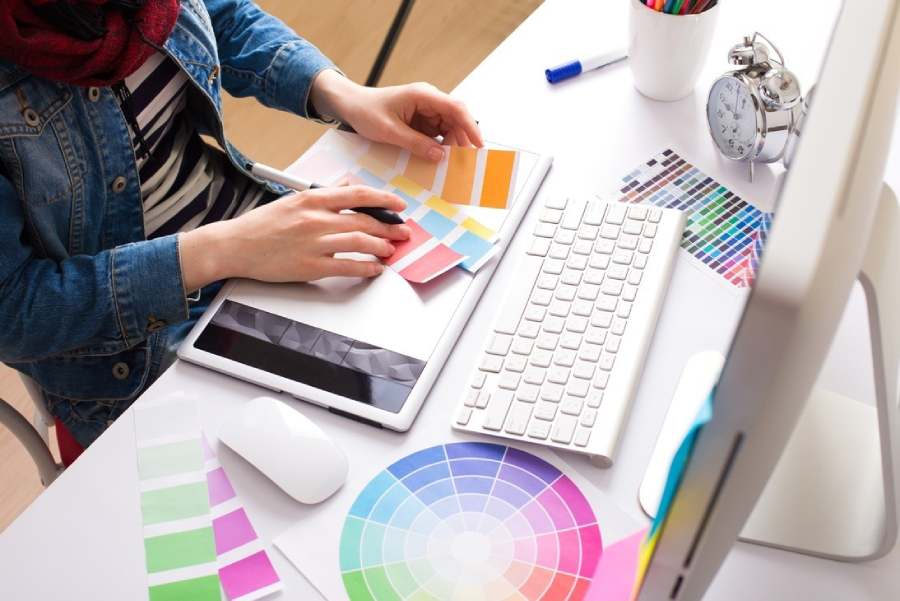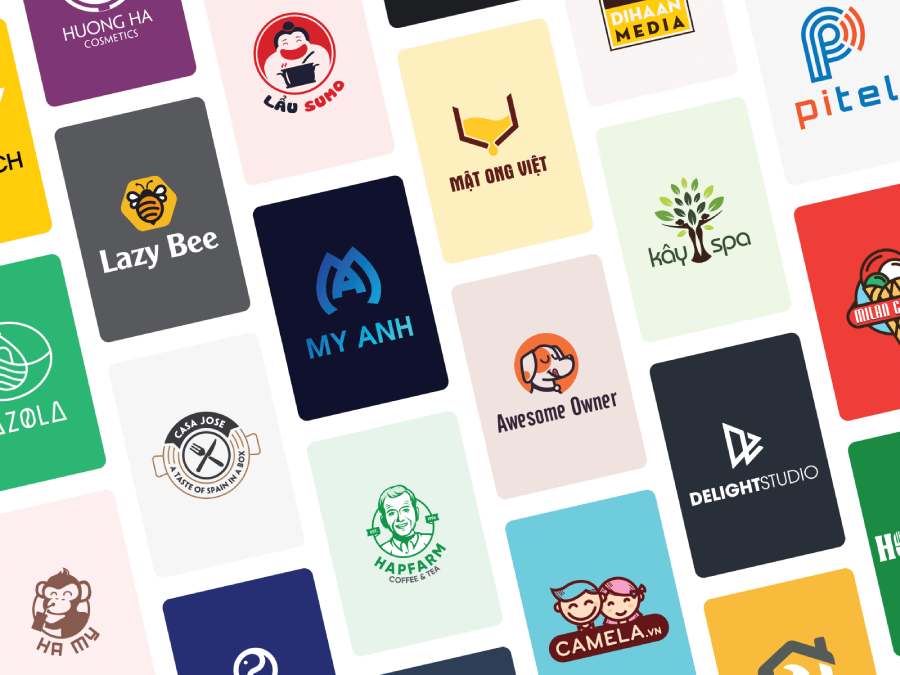Best Selling Products
What do you get when you learn design 1 on 1?
Nội dung
- 1. Point out the benefits of learning 1-on-1 design
- 1.1. Maximum Care and Support
- 1.3. Direct and Timely Feedback
- 1.4. Develop Your Own Design Style
- 1.5. Opportunity to Practice Creative Thinking
- 1.6. Promote Motivation for Learning and Personal Development
- 1.7. Connecting and Building Professional Relationships
- 2. Things to note when choosing to study design in 1-on-1 form
- 2.1. Identify Clear Learning Goals
- 2.2. Choosing the Right Instructor
- 2.3. Prepare Your Mind to Study Actively and Proactively
- 2.4. Ensure Flexible Study Schedule and Adequate Practice Time
- 2.5. Prepare Appropriate Learning Equipment and Tools
- 2.6. Receive Feedback and Constructive Suggestions
- 2.7. Set Reasonable Expectations
- Conclude
Learning design one-on-one is a unique experience that offers many benefits that are difficult to achieve in group or self-study. With dedicated guidance from a personal teacher, you will progress faster.

Learning design in a 1-on-1 format is a unique experience, bringing many outstanding benefits that are difficult to achieve in group or self-study. When guided by a dedicated teacher, you not only progress faster, but also discover your creativity and personalize your design style. So what will you get when learning design in a 1-on-1 model?
1. Point out the benefits of learning 1-on-1 design
1-on-1 design lessons provide a great learning experience that will help you develop both your skills and your personal creative style. With dedicated attention, guidance, and a personalized learning path, you will not only master the knowledge but also make great progress on your journey to becoming a professional designer. Investing in 1-on-1 lessons is a powerful and potential step for your career in the competitive and creative design industry.
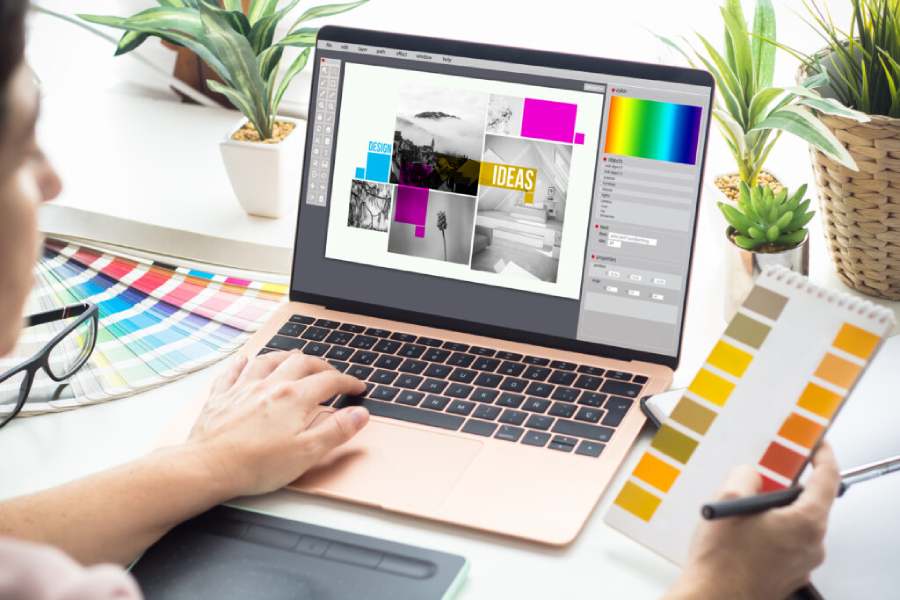
1.1. Maximum Care and Support
One of the first benefits of learning 1-on-1 design is the maximum attention and support from the instructor. When learning in this form, the instructor will focus completely on you, listen and answer all questions in detail and specifically. Your questions will be answered immediately without waiting. This helps you easily understand the nature of concepts and techniques, as well as quickly overcome weaknesses in the learning process.
With the 1-on-1 model, the learning path will be designed based on your personal abilities and goals. The instructor can adjust the teaching method to suit your learning style, helping you grasp knowledge in the most effective way. If you want to focus on a specific skill such as logo design, creating media images, or working with professional software, the instructor will adjust the content to meet your needs. This helps optimize the learning process, helping you progress quickly and achieve the desired results.
1.3. Direct and Timely Feedback
In design, feedback and suggestions are very important for you to improve and perfect your skills. When learning 1-on-1, the instructor will give detailed, candid and timely feedback on each product you create. These comments not only help you recognize your strengths and weaknesses but also provide solutions for you to improve your skills. This support helps you continuously improve through each lesson and build your own design style.
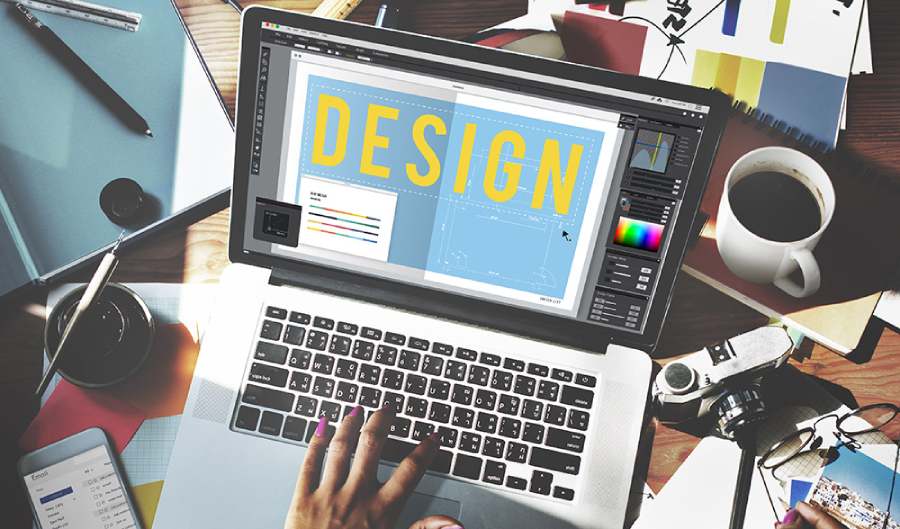
1.4. Develop Your Own Design Style
Personal style is something that every designer strives for. When you study 1-on-1, you have the opportunity to explore your own style in depth with the guidance of your instructor. You will learn about color, composition, and design elements that suit your taste and personality. Your instructor will help you discover and develop your own unique style, rather than just following popular rules and trends.
1.5. Opportunity to Practice Creative Thinking
Design is not only about technique but also about creativity and logical thinking. Learning 1-on-1 design helps you practice creative thinking in a more systematic and profound way. Teachers not only guide you on how to use the software but also share about the creative process, how to find ideas and how to develop a concept from the initial idea to the finished product. This helps you have independent, flexible creative thinking and not be afraid to try new things in design.
1.6. Promote Motivation for Learning and Personal Development
When you study 1-on-1, your instructor will closely monitor your learning process. This encouragement and support will help you gain more motivation to overcome challenges and difficulties in the learning process. Design lessons can require patience and high concentration, but with the companionship of an instructor, you will feel more confident and motivated to develop yourself every day.
1.7. Connecting and Building Professional Relationships
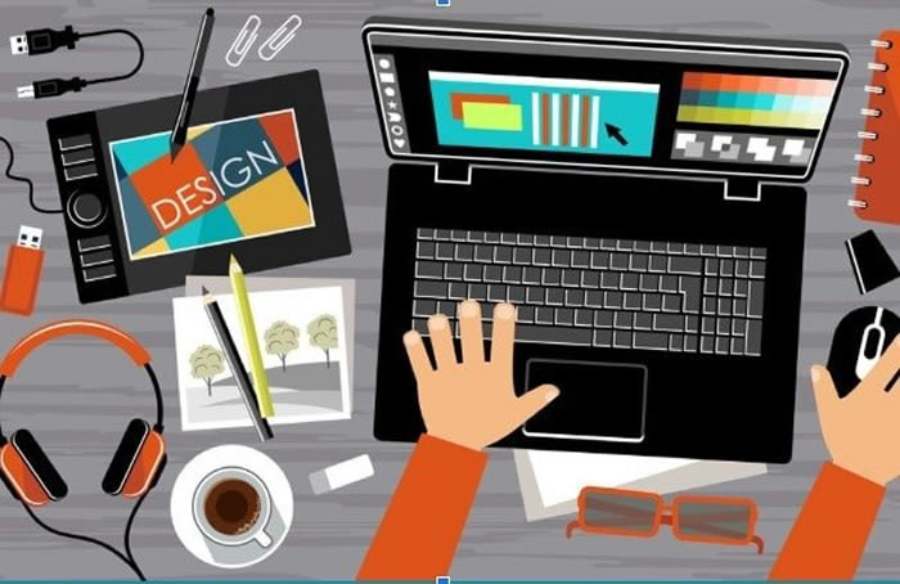
One-on-one design lessons are not only a teacher-student relationship, but also an opportunity for you to network and build professional relationships. Your instructor can help you navigate your career, give you advice on real-life situations, and even introduce you to future job opportunities or projects. These connections are invaluable for your career development and expansion.
2. Things to note when choosing to study design in 1-on-1 form
When choosing to learn design in a 1-on-1 format, you need to consider many factors to ensure the learning process brings optimal results. This is a highly personalized learning method, bringing many outstanding benefits compared to group learning, but also requires careful preparation to be able to make the most of what this format brings. Here are some important notes when you decide to learn design in a 1-on-1 format:
2.1. Identify Clear Learning Goals
Before you start your course, you need to set specific goals for yourself. You may want to learn basic skills, get familiar with design software, or improve your creative skills and expertise in a specific area such as graphic design, illustration, or concept art. Once you have clear goals, it will be easier for you to discuss with your instructor to build a suitable learning path. At the same time, having clear goals also helps you focus and easily measure your progress.
2.2. Choosing the Right Instructor
Learning 1-on-1 design requires a good match between student and instructor, so choosing the right instructor is important. The instructor should have solid expertise in the field you want to learn, and should have a teaching style that is easy to understand, inspiring, and dedicated to the student. You can refer to reviews from previous students or review the instructor’s products and achievements to see if their teaching style and expertise are suitable for your learning goals.
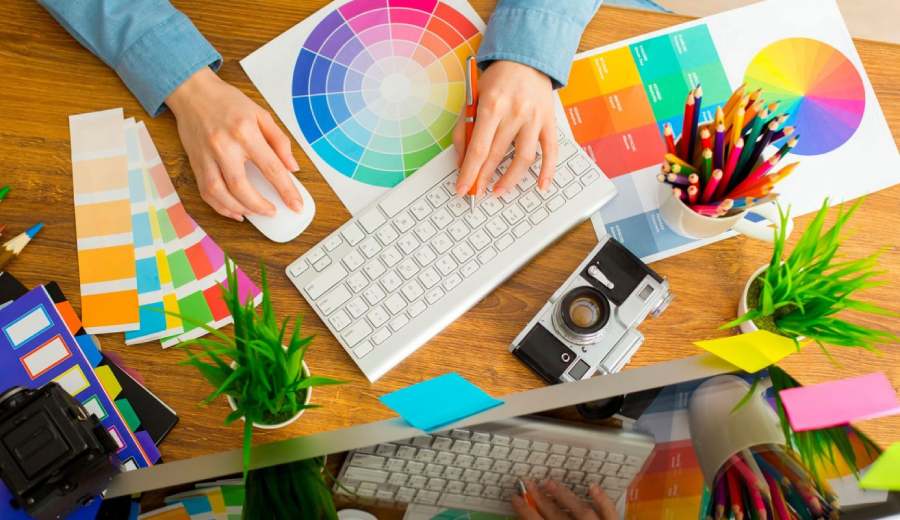
2.3. Prepare Your Mind to Study Actively and Proactively
Learning 1-on-1 design often requires initiative and a serious learning spirit from the student. When studying in this form, you will be closely monitored by the instructor, given regular feedback and adjusted to your individual abilities, but that also means you need to actively participate, prepare lessons and actively discuss to achieve the highest efficiency. Actively acquiring knowledge, learning and practicing outside of class will help you progress quickly and build solid design skills.
2.4. Ensure Flexible Study Schedule and Adequate Practice Time
When learning design, practice time is extremely important. You need to arrange a flexible schedule to have enough time to practice and review knowledge. Learning in the form of 1-on-1 usually does not require continuous study every day, but requires you to spend time after each lesson to practice and apply what has just been instructed. Ensuring adequate practice time will help you master the knowledge and skills you have learned, and at the same time prepare well for the next lessons.
2.5. Prepare Appropriate Learning Equipment and Tools
When learning design, learning equipment and tools are very important. Make sure you have a computer, appropriate design software, and supporting equipment such as a drawing tablet if needed. Having the right equipment will not only make it easier for you to follow the instructor's instructions, but also create the best conditions for effective learning. If you are not familiar with any software or equipment, ask your instructor before the course begins to make sure everything is ready.
2.6. Receive Feedback and Constructive Suggestions
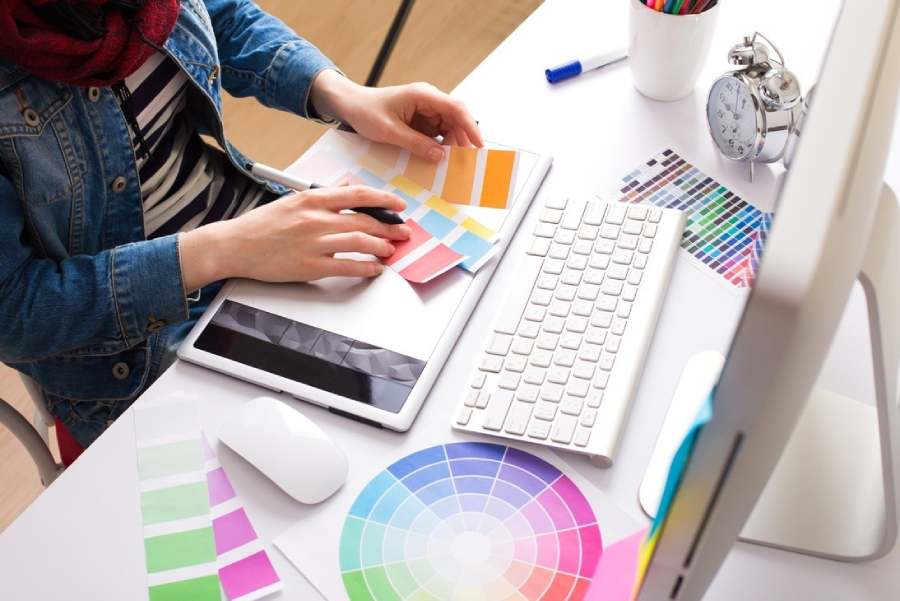
One of the great benefits of 1-on-1 learning is that you receive regular feedback and suggestions from your instructor. However, in order to thrive, you need to be willing to accept and learn from these comments. Sometimes, feedback can point out weaknesses or mistakes in your learning process, but this is an opportunity for you to improve and perfect your skills. Being willing to accept and adjust will help you progress quickly and become more complete in your design style.
2.7. Set Reasonable Expectations
Learning design is a long process that requires patience and time. Therefore, you need to set reasonable expectations for the 1-on-1 learning process. Although this method of learning helps you progress faster, it still takes time to practice and accumulate skills. Don't be too hasty in demanding immediate results; instead, focus on the learning process and progress every day.
Conclude
Learning design in a 1-on-1 format offers an effective learning method, helping you not only develop your skills but also build a unique personal style. Dedicated support, personalized learning paths, and timely feedback from instructors will be a solid foundation for you to go far on the path to becoming a professional designer. With this form of learning, you will not only be equipped with knowledge but also more confident in your creativity, ready to conquer challenges and open up great opportunities in the future.









































